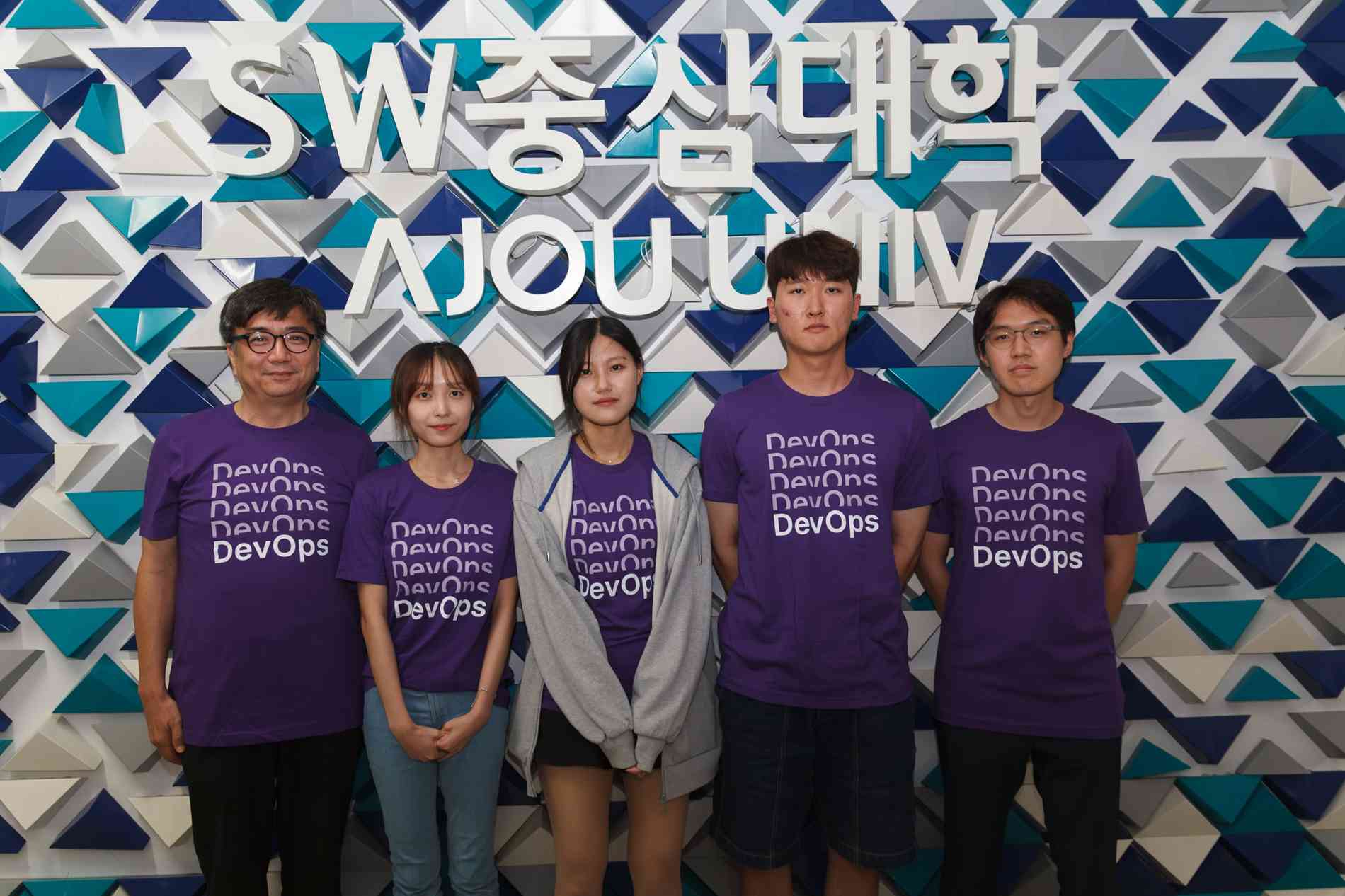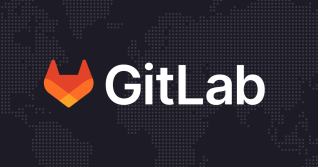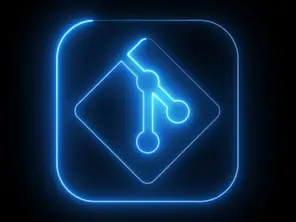GitLab is translated into many languages by community members, ensuring our product reaches a much wider audience. In recent months, software and computer engineering students from Ajou University in South Korea contributed translations as part of their classroom project, led by Prof. Hwanyong Lee. Their contributions, together with many other members of our community, resulted in 100% of strings in the GitLab UI being translated into Korean.

In this blog post, Inchul Yoo, solutions architect at GitLab, and Sunjung Park, senior product Designer at GitLab, who also volunteer as proofreaders for the Korean translation of GitLab in the GitLab Crowdin project, had the privilege to interview Prof. Lee. He shared the students' experience in contributing to GitLab and discussed areas where additional collaboration is needed for translation.
Thank you for your contributions to GitLab:
- Dahee Kim (김다희, 아주대학교)
- Myeong Seok Nam (남명석, 아주대학교)
- Jongho Baik (백종호, 아주대학교)
- Seoyoung Lee (이서영, 아주대학교)
- Sungmin Lee (이승민, 아주대학교)
- Jaeyoon Lee (이재윤, 아주대학교)
- Hwanyong Lee (이환용 교수, 아주대학교)
Interview with Prof. Hwanyong Lee
Could you tell us about Ajou University and the department?
Ajou University aims to cultivate software talents with diverse roles in the field of software as its primary focus. Using GitLab, students have opportunities to learn through practical experience covering most aspects of the DevOps lifecycle, including issue management, version control, building, and deploying software.
When did you start using GitLab, and for what purpose?
Since 2018, when Ajou University became a software-focused institution, we started to utilize GitLab for educational purposes, including tasks such as assignments and submissions. Currently, our GitLab instance hosts over 9,000 projects and serves more than 2,200 students.
What motivated you to translate all of GitLab's product interface text into Korean?
Outside of my professional responsibilities, I have been actively contributing to diverse open source projects. Given my role as a professor, I saw an opportunity to underscore the significance of open source contributions to my students and inspire them to engage in such activities. During this semester, I established the objective of involving students in open source projects, specifically focusing on Korean localization. Remarkably, more than 10 students eagerly volunteered to participate in the translation efforts of more than 10 open source projects into Korean.
How many students participated in the GitLab translation project, and how long did it take?
There were seven students in total, both majoring and minoring in software and computer engineering. We distributed the tasks among them to collaborate on the project. The entire project was completed in approximately half a semester, which took about two months.
Each student may have different translations for the same words. How did you handle this?
We managed this by creating our own glossary to ensure uniform translations. We collaborated to achieve consistency in the wording, and we synced regularly to discuss and resolve any ambiguous or contentious issues.
What was the most challenging aspect of the project?
One of the biggest challenges we faced was the continuous addition of new strings and phrases with each new GitLab update. Keeping up with these additions proved to be quite challenging. Additionally, there were instances where there was no direct Korean equivalent for English terms, or where additional contextual explanations were required, making the translation process more complex.
When students identified inconsistencies that were not covered by the glossary, I encouraged them to bring these up in the regular sync. We tried to determine which translated terms were commonly used. And we used the Korean TTA standards (Telecommunications Technology Association) dictionary as a primary point of reference.
Could you provide some closing thoughts regarding the contribution?
The students were surprised to discover their ability to actively participate in the open source software they rely on, leading to a newfound sense of pride. This transformation signified a shift in the focus to embracing the concept of community and recognizing the genuine value of open source software through their contributions to shared community-driven objectives.
Learn how you can contribute to translation
Contributing to translation is a journey that goes beyond words; it's about building a global community and making technology more accessible. As Professor Lee mentioned, students discovered they could actively engage in open source software, and this filled them with pride. It's a rewarding journey that goes beyond language, and it's an opportunity to make a meaningful impact on the tech world.
Software can only be as usable and accessible to its users as it is understandable by them. Translation helps bridge the linguistic and cultural gaps that might be preventing your software from being adopted by a given community. Together with contributors, proofreaders also play an important role in helping new contributors succeed by ensuring the consistency and quality of translations. Did you know that the term "merge request" can be translated into Korean in various ways?
A good place to start is the Translate GitLab page, where you can learn how you can contribute to GitLab's externalization, translation, proofreading, and merging. If you have any questions, please join translate.gitlab.com or post questions on the Crowdin discussions forum.
To participate in discussions building a glossary list for Korean translation, join us at gitlab.com/korean-translation/gitlab! Once we finalize the glossary list and establish grammar rules, we aim to consistently elevate the quality of our translations.



